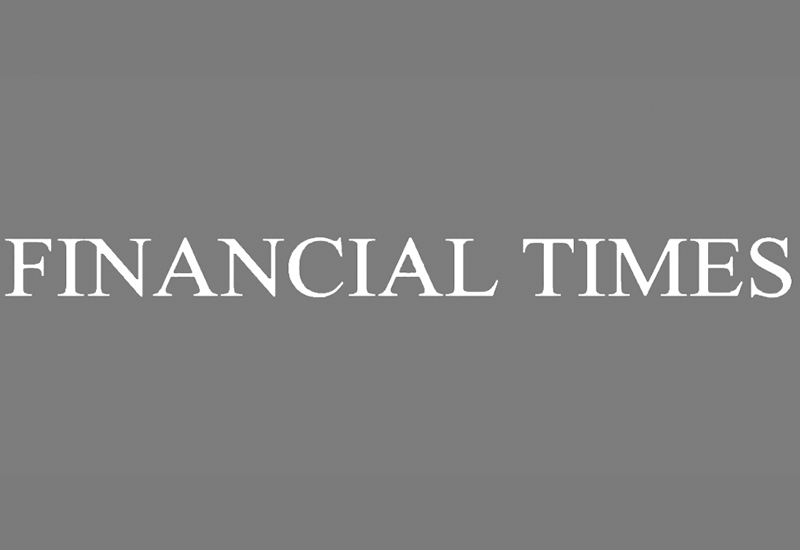This article originally appeared on August 7, 2018 by Financial Times.
https://www.ft.com/content/997ed7b2-9a92-11e8-ab77-f854c65a4465
Elon Musk has resorted to Twitter repeatedly in recent months to crow about successes, goad his critics and launch antagonistic jibes.
On Tuesday, he went one better: using it to drop news that he is considering the world’s biggest-ever corporate buyout.
The abrupt, nine-word tweet left many investors wondering whether Mr Musk was back to his old passive-aggressive tricks, taunting the Wall Street short-sellers who have become his arch enemies.
Uncertainty stirred by the first disclosure, followed by an unorthodox sequence of further tweets, a trading halt and eventual corporate announcement, contributed to chaotic trading on one of Tesla’s most important days as a public company.
But some observers said the announcement via Twitter was fitting for an entrepreneur who does not play by the old rules of Wall Street. “It’s part of his personality as a revolutionary thinker — to think he’s going to use traditional ways to communicate isn’t consistent with who he is as a leader and an innovator,” said Matt Pencek, a director at consulting firm MorganFranklin.
“Am considering taking Tesla private at $420. Funding secured,” Mr Musk declared on his personal Twitter account at around 9.45am in California on Tuesday.
The company’s shares had already taken a sudden lurch upwards in the run-up to the missive, rising nearly 4 per cent in the 30 minutes before it was posted. The stock then jumped another 4 per cent, before slipping back as investors scratched their heads over whether Mr Musk was serious.
Adding to the uncertainty was Mr Musk’s choice of $420 as the buyout price — a figure some took as a knowing reference to 4/20, a date celebrated by marijuana smokers. Mr Musk has responded before to joking references to “420” on Twitter.
It took a further three hours — after a belated trading halt that came 85 minutes after the first tweet — for Tesla to release a longer internal email from Mr Musk explaining his thinking about a buyout. That appeared to finally resolve questions about his seriousness and pushed Tesla’s shares higher again, leaving them up 11 per cent on the day.
The unorthodox series of disclosures highlighted the potential confusion once informal comments made over channels like Twitter become important sources of news.
The Securities and Exchange Commission ruled in 2013 that companies could make market-moving announcements on social media, as long as they give investors adequate warning about which networks they use. The guidance was issued after Reed Hastings, chief executive of Netflix, used his Facebook account to disclose that monthly viewing on the service had exceeded 1bn hours for the first time.
Listen here
The regulators also said that the personal accounts of executives “would not ordinarily be assumed” to be places for important corporate news, though they left it open for companies who gave advance notice to investors.
Tesla first pointed to Mr Musk’s Twitter account in a regulatory filing later that year, advising shareholders it could be a source of “additional information” on the company. He is now the most widely followed corporate figure on Twitter, with 22.3m followers. But even if investors have learnt that Mr Musk’s tweets can be an important source of information about Tesla, that still did not help in decoding his thinking early on Tuesday.






